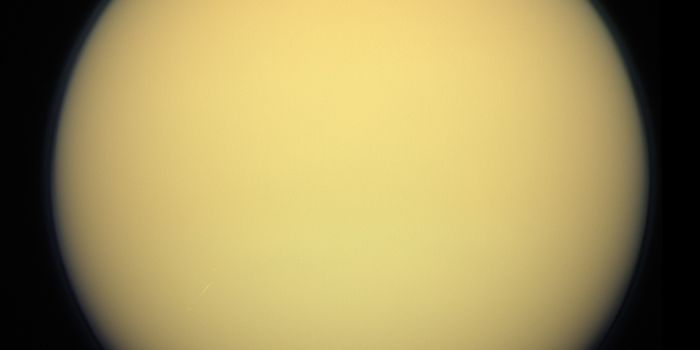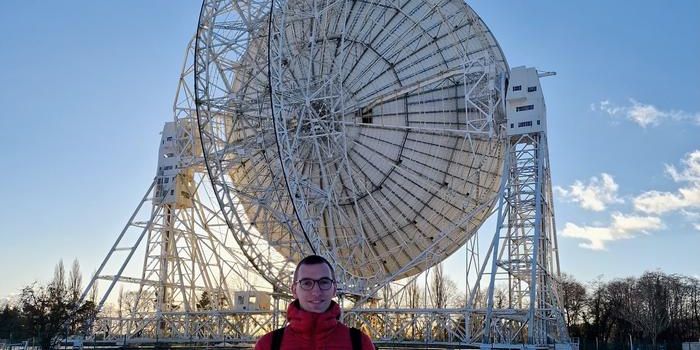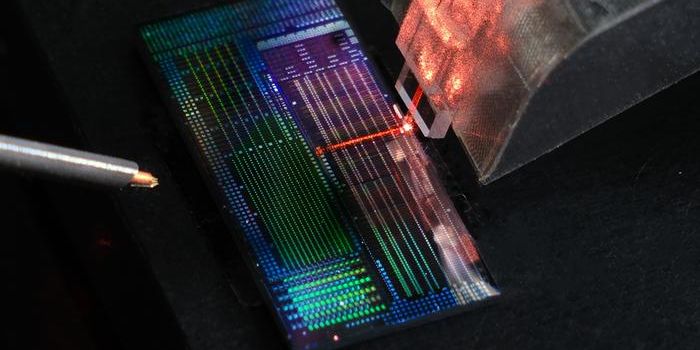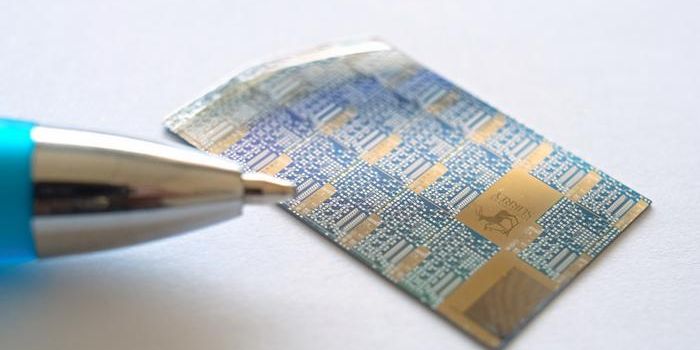Universal Vaccine
In the human body, immune system helps to defend against parasites, bacteria, and virus. It comprises different biological components, such as tissues, cells, globulins, membrane receptors, etc.
A vaccine, traditionally prepared from a dead microbe, its toxins or surface proteins, can provide active acquired immunity to a particular disease. It works by allowing the immune system to recognize the antigens it presents as a threat and destroy it. The "drill"-like practice stimulates the system and prepares it for battling the vaccine-associated microorganisms in the future.
For a long time, scientists have been contemplating with the idea of "universal vaccine"— a formulation that protects against a specific microbe, no matter how it might mutate. But it was deemed too challenging given the complexities of both pathogen and host biology. However, reverse vaccinology, a new approach for vaccine development, could offer hope to synthesize novel antigens that could generate universal vaccine hopefully in the near future.
Source: PBS Digital Studios via Youtube








